Promoting production of edible insects in Uganda
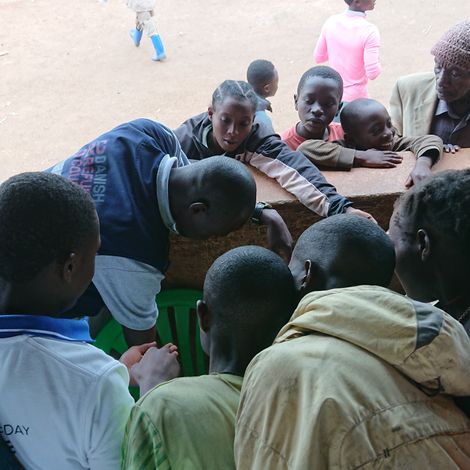
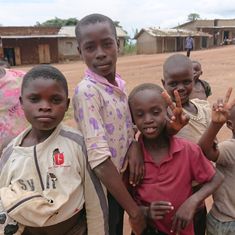
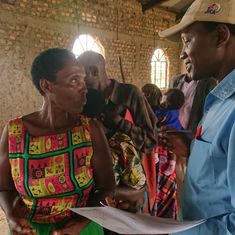
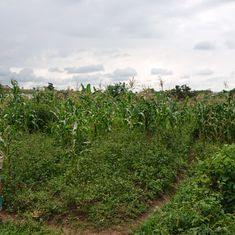
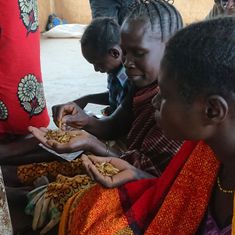
Edible insects are recognised as a valuable source of protein and other nutrients. In addition, they are easy and cheap to produce, requiring little feed, water and space. These properties make production of edible insects an attractive option for people who lack access to land or resources for farm inputs, especially in areas where there is limited access to nutritious food.
This is the case in Uganda, which is host to more than 1 million refugees, who have limited access to land and resources, and suffer from severely limited access to a nutritious diet. If the right business model is developed, production of edible insects could become an important source of income for refugees, and at the same time provide a valuable source of nutrition.
The project has two equally important overall objectives: 1) Improved access to nutritious food for refugees in Uganda; 2) Improved income generating opportunities for refugees in Uganda.
These objectives will be achieved through the development of a sustainable business model for the production and sale of edible insect products (focusing to begin with on mealworm), and supplying the necessary initial inputs and training to refugees to start production.
We will focus in particular on associations of refugee farmers, many of whom are women, in the Kyaka II settlement in Western Uganda. We are working with the Danish Refugee Council, one of the world's leading humanitarian agencies, who have been supporting these farmer's associations for several years.
Unfortunately most refugee farmers have lost most of their land during 2018 as a result of renewed influx of refugees from DR Congo to Uganda, and there is therefore an urgent need to develop new forms of produce that does not require much land. Insects are commonly eaten among both Ugandans and the Congolese refugees, and our preliminary research in the settlement showed great interest in the production and consumption of mealworm.